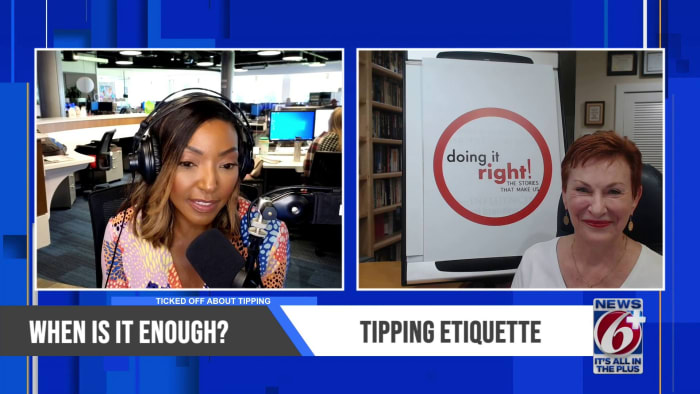Perhaps you’ve noticed. We have reached a tipping point in the country over tipping.
To tip or not to tip has led to Shakespearean soliloquies by customers explaining why they refuse to tip for certain things.
During the height of the COVID-19 pandemic, customers were grateful for those who seemingly risked their safety so we could get groceries, order dinner or anything that made our lives feel normal. A nice tip was the least we could do to show gratitude.
But now that we are out about and back to normal, the custom of tipping for just about everything has somehow remained; and customers are upset.
A new study from Pew Research shows most American adults say tipping is expected in more places than it was five years ago, and there’s no real consensus about how tipping should work.



You should check the year that those laws were implemented. They are a more recent phenomenon.
Also as it’s been mentioned by someone else already, those laws included clauses to make sure if the tips were below minimum wage the employees income earned would be raised to minimum wage.
And as an aside (as I’m sure somebody will mention this), I’m not saying that minimum wage is a living wage.
But that is a different subject than the one that’s being discussed here, the responsibility of customers to tip employees so that they may have a living wage, in lieu of employers paying employees a living wage directly.